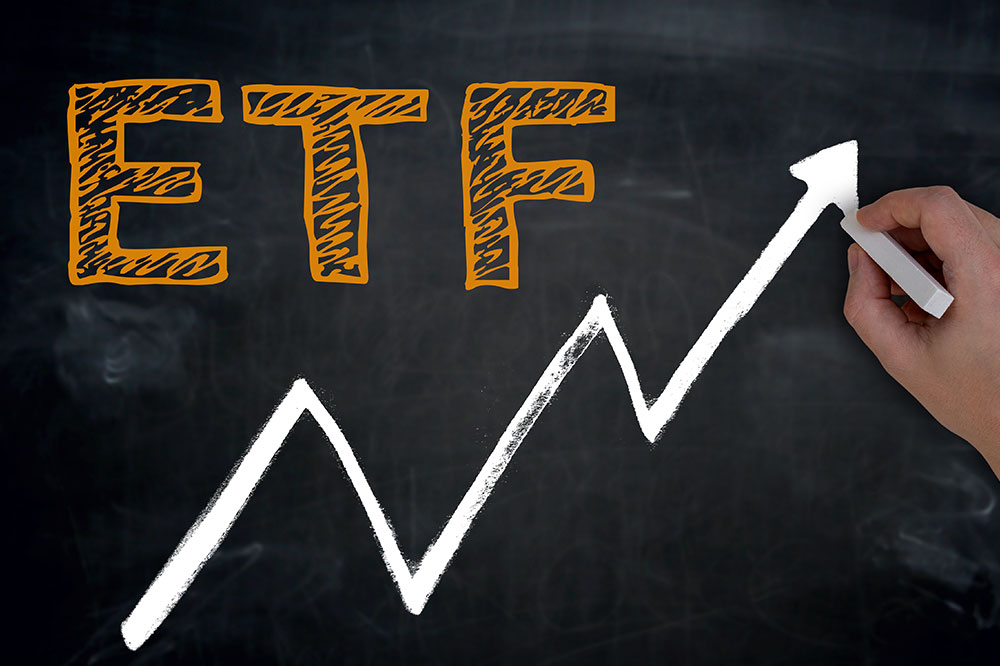
health
Do not ignore these 8 pain symptoms
Pain is a normal sensation everyone experiences from time to time. It is also the body’s way of letting us know something isn’t right. Various factors like illness, injury, or other chronic conditions can trigger pain. Some types of pain are easily manageable with self-care, lifestyle changes, and prescription treatment. However, some pain symptoms, when they are ignored, could give rise to serious health concerns and chronic pain that lasts from weeks to months. Numbness or tingling Nerve damage is one of the more common reasons for numbness or tingling sensation in any part of the body. It might even be an indication of a stroke or multiple sclerosis. If numbness or tingling persists, a doctor must be contacted immediately. Fatigue Anemia, stress, and sleep are the common factors that can give rise to fatigue as a symptom. The mental and physical energy a person utilizes to manage the pain can give rise to fatigue. In some cases, chronic and persistent fatigue that lingers even after weeks might be a sign of chronic fatigue syndrome or cancer. In such cases, seeking a health expert’s advice is crucial. Shortness of breath Health concerns like COPD, asthma, and pulmonary embolism can all give rise to shortness of breath.













